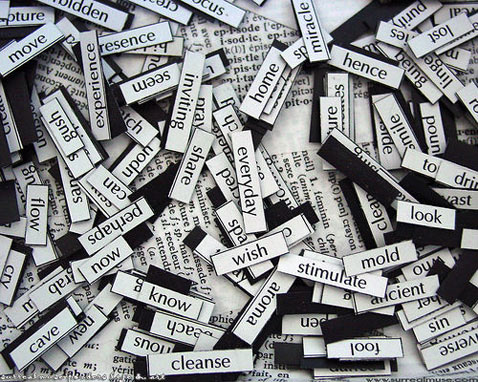GODDESS ELLE, or, Why I Write
 As writers, we sometimes feel like gods. Not just of our make-believe worlds -- where we decide on the parameters of existence and, if our characters and situations comply (as gods everywhere can attest, subjects don’t always do as they’re told), of the ebb and flow of action and feeling – but of this world we all inhabit. And isn’t that part of the seduction of writing? By decoding our worlds into paragraphs, sentences, words, and punctuation, we define the boundaries, decide how to interpret events, choose what matters and what doesn’t.
As writers, we sometimes feel like gods. Not just of our make-believe worlds -- where we decide on the parameters of existence and, if our characters and situations comply (as gods everywhere can attest, subjects don’t always do as they’re told), of the ebb and flow of action and feeling – but of this world we all inhabit. And isn’t that part of the seduction of writing? By decoding our worlds into paragraphs, sentences, words, and punctuation, we define the boundaries, decide how to interpret events, choose what matters and what doesn’t.
Our lived worlds aren’t neat or tidy. Single emotions are vast enough to inspire countless paintings, poems, and essays, and that’s just one component of our lives. Approximately 80 billion things are happening every single second. Living in this world and deciding how to navigate its vast complexities is difficult and often frustrating. From the time we’re children, we have to learn what to recognize and ignore, value and not, touch or look or eat. And all the while we categorize and catalog, trying to tear into understandable, bite-sized chunks a world that lives and breathes and moves in glorious four-dimensionality.
 Like a painter who captures a scene – emotionally, realistically, abstractly, multiply – we writers choose our frames for each literary moment. Similar to our painter, who decides which colors represent the reality, we choose our vocabulary, our words. And also like our painter, we exclude so much more than we include, and what we choose to frame and describe says just as much about us and our audience as it does the moment we are ostensibly describing. We decide what to mention and what not, what words will classify the messiness of each second into something we not only can understand but relate to. I am in awe of the grand power of words, how these lines and circles and bars can translate the chaos of one breathable moment into something that we all agree to pretend adequately represents a knowable reality.
Like a painter who captures a scene – emotionally, realistically, abstractly, multiply – we writers choose our frames for each literary moment. Similar to our painter, who decides which colors represent the reality, we choose our vocabulary, our words. And also like our painter, we exclude so much more than we include, and what we choose to frame and describe says just as much about us and our audience as it does the moment we are ostensibly describing. We decide what to mention and what not, what words will classify the messiness of each second into something we not only can understand but relate to. I am in awe of the grand power of words, how these lines and circles and bars can translate the chaos of one breathable moment into something that we all agree to pretend adequately represents a knowable reality.
In short, we writers transform the tangible into the intangible and, in so doing, play god in deciding which of the 80 billion sights, sounds, tastes, events, and feelings to use to paint our verbal picture. And what power resides therein! What power in telling ourselves and our audiences how to make sense of the vastness of being, both in our fictional and our lived worlds.
It’s good to be a god.




Hi Elle,
ReplyDeleteI love your blog--had to read the whole thing. I've been trying to contact you. Sent 2 emails to the goddess les address. Does that address still work? I have news. Please email. Cheers, Eilidh